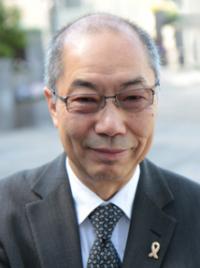
Dr. Mak is interested in the interconnection between the brain and the immune system. He has shown that the brain communicates with the immune system via T and B cells producing acetylcholine (ACh). In 2019, the lab made the pioneering discovery that ACh produced by effector T cells responding to a chronic viral infection is required for the vasodilation these cells require to access virus-infected tissues and clear the virus. The ongoing work in the lab will capitalize on this and expand it. Specifically, the group will elucidate the mechanism of action by which ACh production by T cells may be linked to autoimmune disease, investigate how ACh coordinates interactions between T and B cells necessary for antibody production, and examine how ACh is involved in T cell development and thymic selection.
Dr. Mak’s work also focuses on PTEN; he has designed several mouse models bearing PTEN mutations that are highly useful for studying this mechanism of oncogenesis. Recently, the Mak lab has demonstrated that PTEN and ATM cooperate to regulate hematopoietic stem cell fitness and quiescence, and that this same PTEN-ATM axis controls the G1/S cell cycle checkpoint and tumorigenesis in HER2+ breast cancer. This ongoing work is focused on determining the role of PTEN SUMOylation in hematopoiesis and DDR, assessing the function of the cGAS/STING pathway in responding to genotoxic stress, and dissecting the contributions of nuclear PTEN and cGAS to leukemogenesis.




